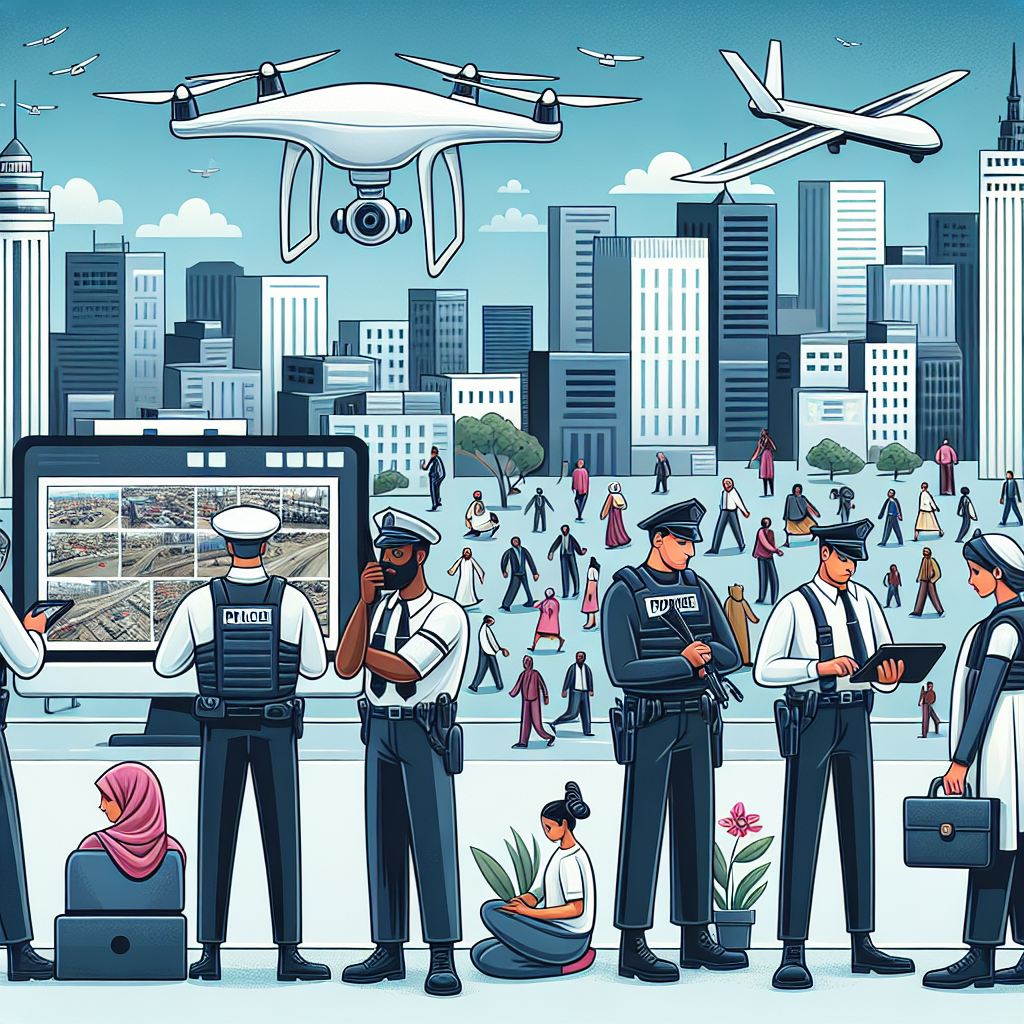Regional Organizations Urged to Balance Counter-Terrorism Efforts with Human Rights Protections
Saul urged all regional organizations to review and amend vague and overly broad definitions of terrorism and violent extremism.

Dozens of regional organizations around the world are playing a crucial role in combating terrorism. However, a UN expert has warned that these entities have also facilitated serious human rights violations and have often evaded proper scrutiny in their operations. Ben Saul, the Special Rapporteur on the promotion and protection of human rights while countering terrorism, presented his findings to the General Assembly, emphasizing the urgent need for reform.
Saul urged all regional organizations to review and amend vague and overly broad definitions of terrorism and violent extremism. Such laws undermine the principle of legal certainty and can lead to widespread violations of fundamental rights, particularly in regions governed by authoritarian regimes. He stated, “Overbroad terrorism laws can be weaponised to intimidate and arbitrarily imprison political and civil society activists, undermining liberty and freedoms of expression, assembly, association, religion, and political participation.”
Many existing regional terrorism laws fail to exempt legitimate democratic protests or humanitarian relief, further exacerbating the risks for individuals and communities advocating for their rights. Saul emphasized that frameworks for regional cooperation—such as extradition, mutual assistance, and intelligence sharing—must prioritize human rights, including safeguarding individuals from being returned to countries where their rights may be violated and ensuring the protection of personal data and privacy.
To enhance accountability, Saul recommended more regular and detailed public reporting on regional counter-terrorism activities, stressing the importance of publishing regional counter-terrorism strategies. “Improved oversight and accountability mechanisms are essential, including remedies for human rights violations and greater engagement with civil society organizations,” he said.
The report also highlighted that regional organizations have a significant role in supporting victims of terrorism. Saul suggested that they should adopt the UN Model Legislative Provisions to assist and protect the rights of victims. In areas affected by terrorism, particularly in armed conflict zones, he called for more resources to assist displaced communities, restore livelihoods, rehabilitate affected areas, and foster sustainable peace.
“Regional organisations should empower member states to fight terrorism in accordance with the rule of law and human rights. They should never equip governments to repress their critics or destroy civil and political freedoms,” Saul warned.
Key regional organizations involved in counter-terrorism efforts include the African Union, Association of Southeast Asian Nations, Council of Europe, European Union, League of Arab States, Organization of American States, Organization of Islamic Cooperation, Shanghai Cooperation Organization, and the South Asian Association for Regional Cooperation.
These recommendations aim to ensure that the fight against terrorism does not come at the expense of fundamental human rights, ultimately fostering a more just and equitable approach to global security challenges.
- READ MORE ON:
- human rights
- Ben Saul
- General Assembly










